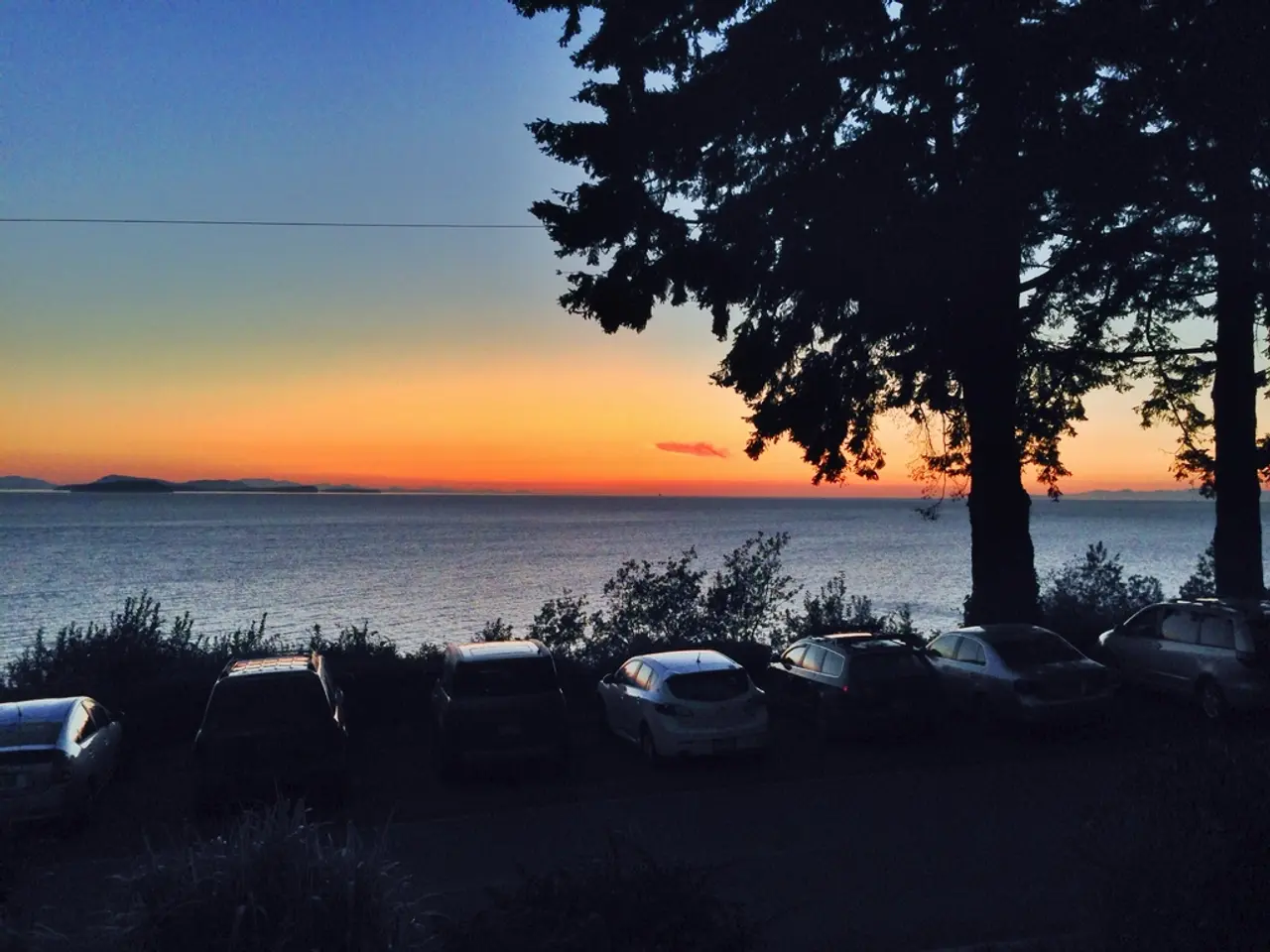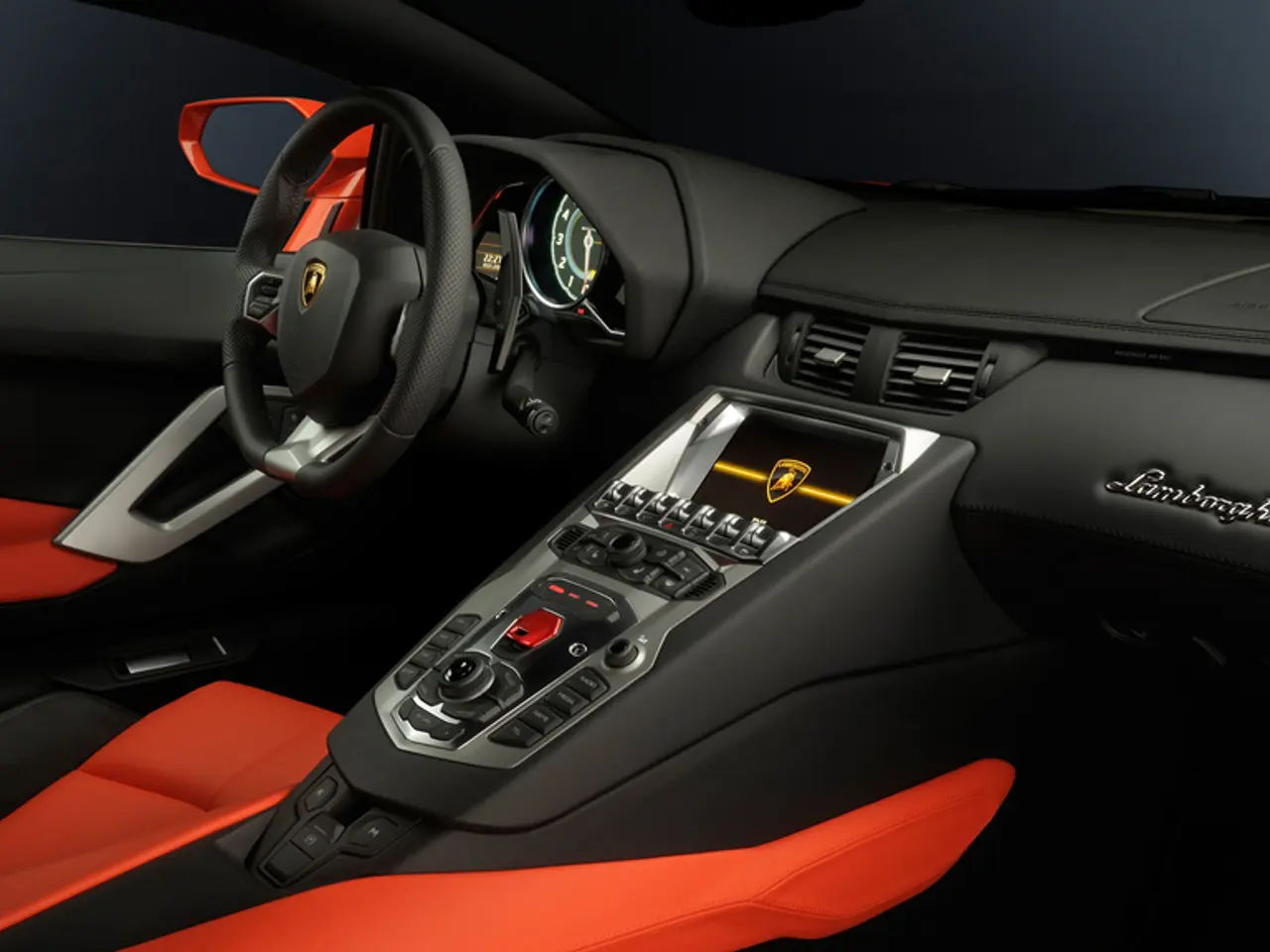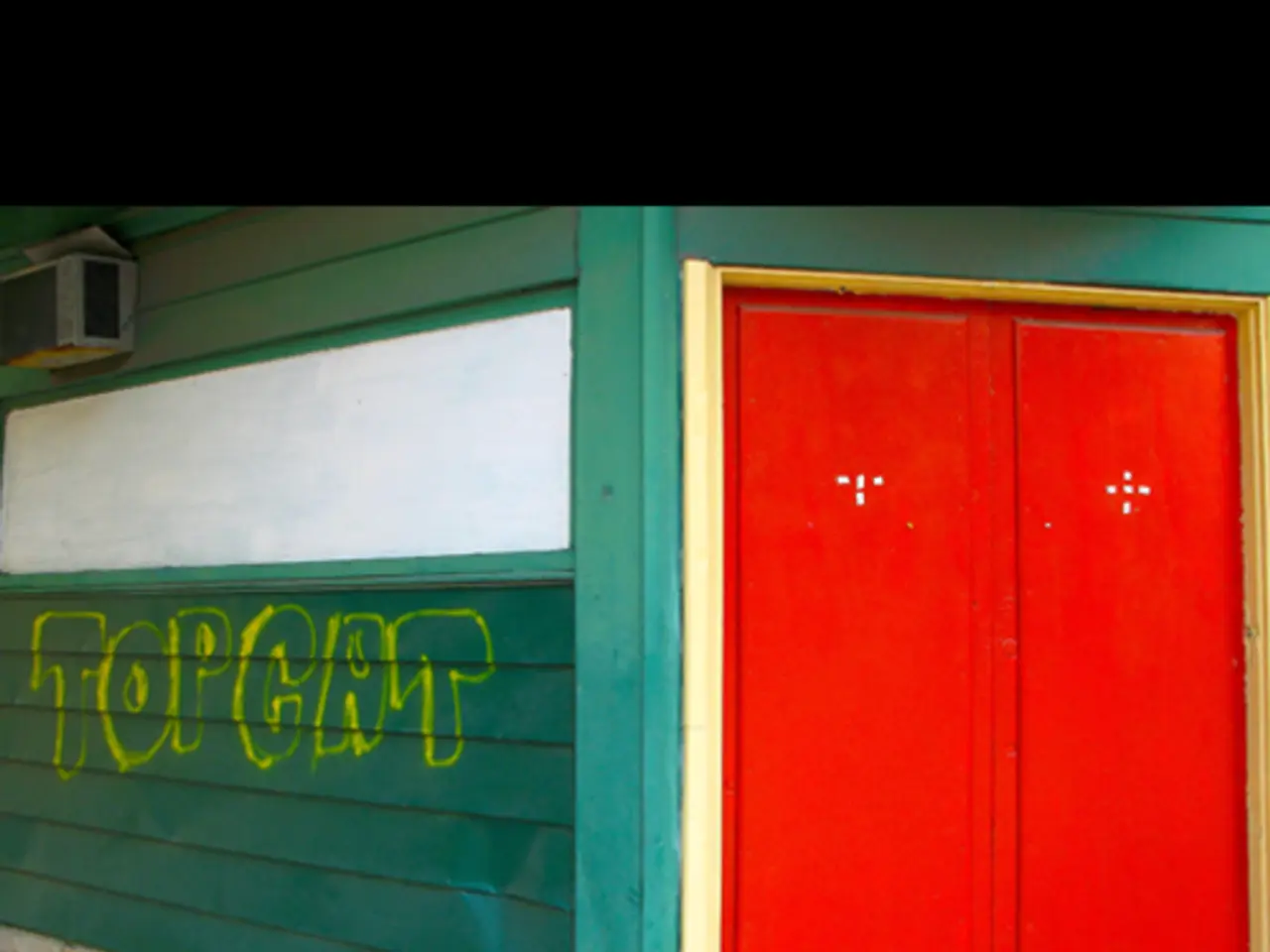Thousands of Mangrove Trees Planted at Jebel Ali Sanctuary by DEWA and Emirates Marine Environmental Group
In a significant move towards combating climate change, the Dubai Electricity and Water Authority (DEWA) has embarked on a mangrove planting project at the Jebel Ali Marine Sanctuary. This initiative, which was highlighted by Saeed Mohammed Al Tayer, the MD and CEO of DEWA, is a prime example of a nature-based solution to climate change.
Over a period of two years, from February 2023 to February 2025, DEWA, in collaboration with the Emirates Marine Environmental Group, planted 13,350 mangrove trees at the sanctuary. This campaign, which was part of ten environmental events organised by DEWA, demonstrates the organisation's commitment to biodiversity and climate action.
The project saw the participation of over 1,650 volunteers, including DEWA employees, their families, and students from the DEWA Academy. These volunteers contributed a total of 3,626 volunteer hours to the project. In addition to planting mangrove trees, they removed 3,546 kilograms of plastic waste from the sanctuary, and cleared eight tonnes of algae and seaweed from the sanctuary's beach.
Mangrove trees are particularly effective in absorbing carbon emissions. Al Tayer emphasised the environmental impact of these trees, stating that they absorb carbon emissions at a rate nearly four times greater than tropical forests. This makes them a significant ally in the fight against climate change and carbon sequestration.
The carbon absorption capacity of mangrove trees is significantly higher than that of tropical forests, a fact underscored by Al Tayer. He also highlighted the importance of nature-based solutions in addressing climate change, and the significance of native tree planting in fighting climate change.
This initiative directly supports DEWA’s broader sustainability goals and climate action commitments. It aligns with national efforts, including supporting a UAE-wide initiative aiming to plant 100 million mangrove trees by 2030, showcasing DEWA's role in scaled environmental stewardship and carbon reduction targets.
In summary, DEWA’s Jebel Ali mangrove planting enhances carbon absorption, marine biodiversity, and pollution reduction, reinforcing its sustainability agenda of environmental conservation, climate action, and promoting community engagement in ecological restoration. The project at the Jebel Ali Marine Sanctuary is a significant step in combating climate change, as suggested by Saeed Mohammed Al Tayer's comments.
- The collaboration between DEWA and the Emirates Marine Environmental Group, through the mangrove planting project at the Jebel Ali Marine Sanctuary, is an example of nature-based solutions for addressing climate-change, as highlighted by Saeed Mohammed Al Tayer.
- As part of their commitment to biodiversity and climate action, DEWA organized ten environmental events over a two-year period, which resulted in the planting of 13,350 mangrove trees and the removal of 3,546 kilograms of plastic waste.
- The volunteers who participated in the project, including DEWA employees and students from the DEWA Academy, contributed a total of 3,626 volunteer hours towards environmental conservation and pollution reduction.
- Mangrove trees, which absorb carbon emissions at a rate nearly four times greater than tropical forests, are a significant ally in the fight against climate change, contributing to sustainable lifestyles and the home-and-garden sector, as well as aiding in carbon sequestration and environmental science research.




